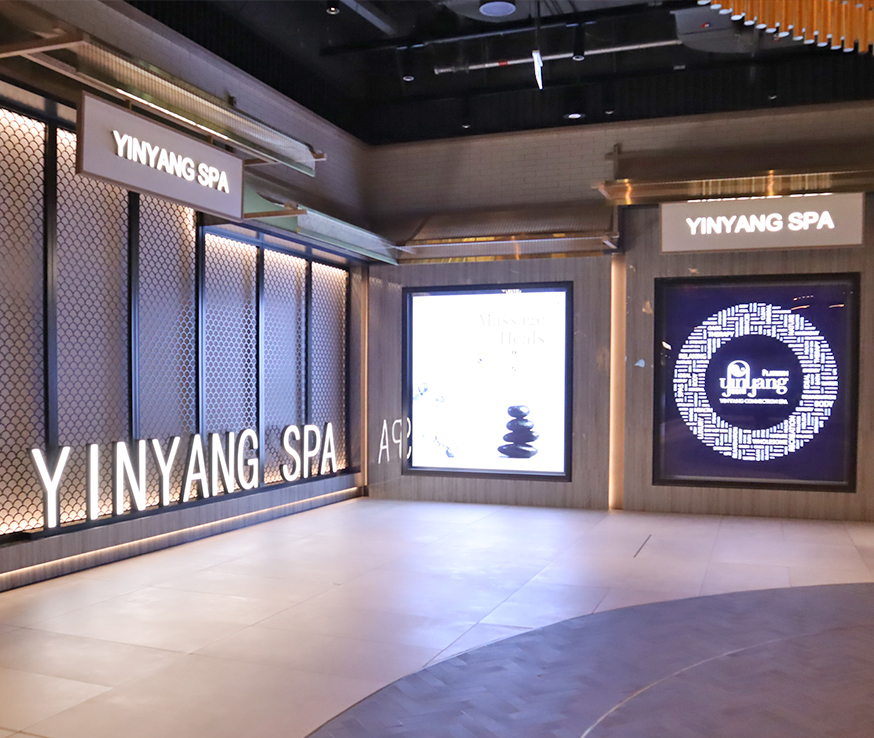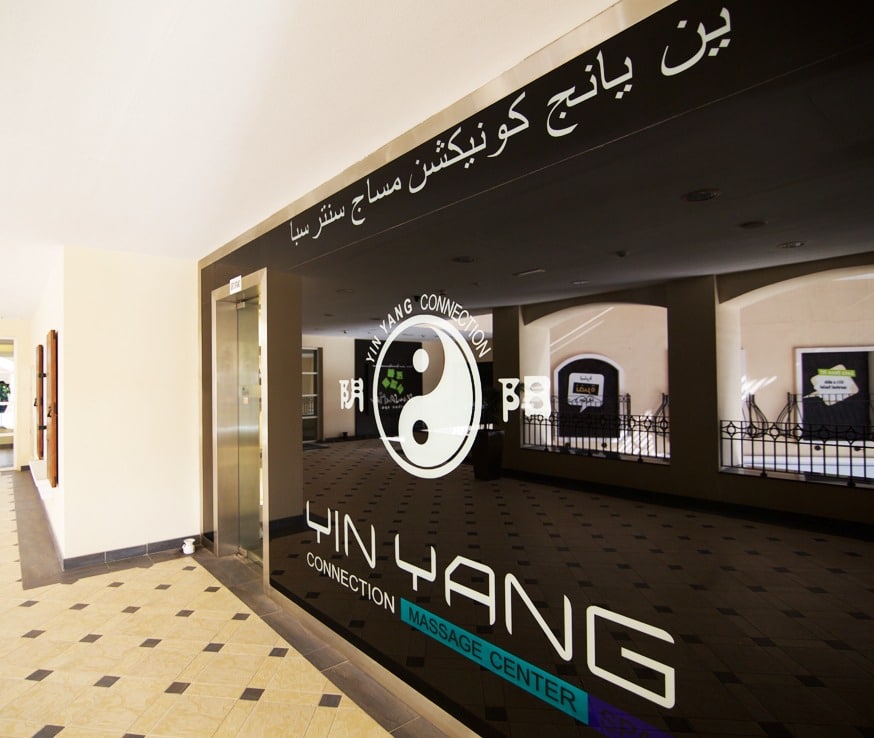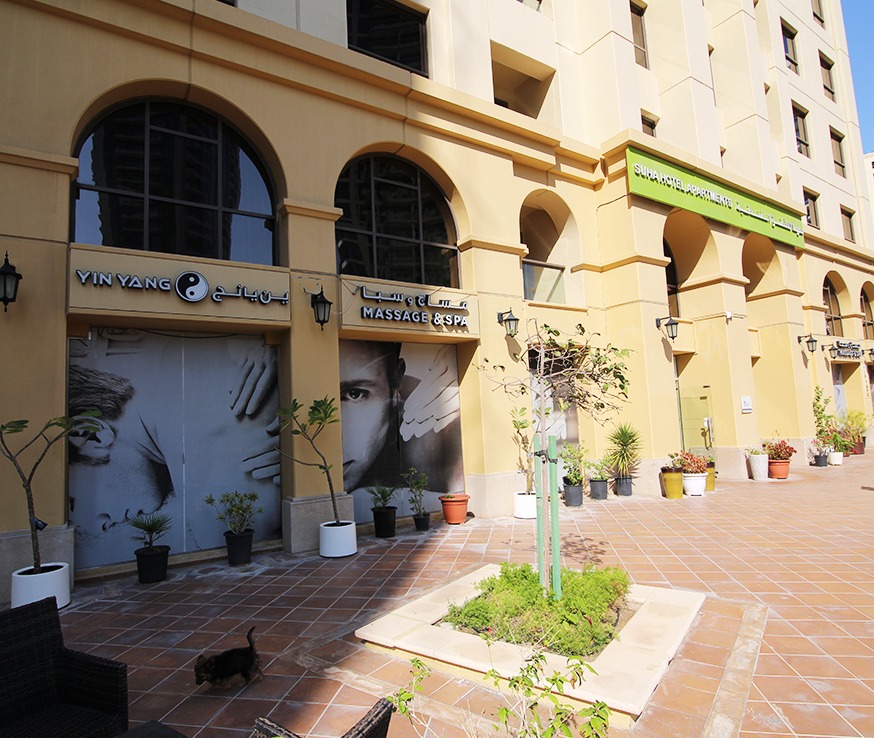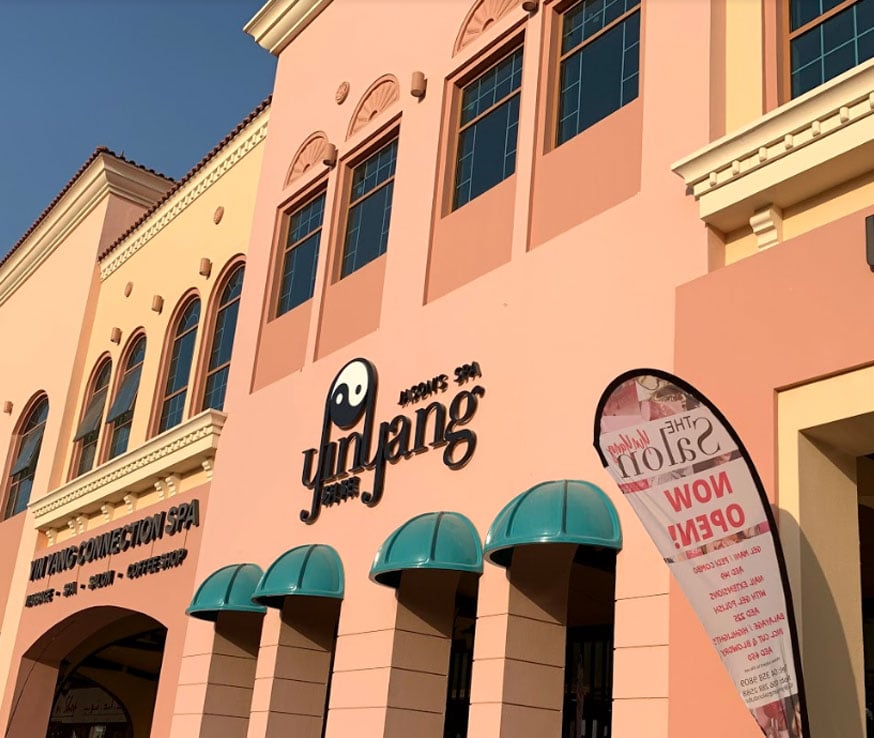TCM Consultation in Dubai
Over the years, Western medicine has advanced in leaps and bounds, finding cures to several new diseases. However, there are still certain conditions wherein the cure is not readily available, or while it is readily available, the cure is capable of causing side effects that are often worse than the condition itself.
Allopathic medicines often have unintended consequences upon the human body due to their potent, chemical nature, causing side effects that ultimately need to be treated in their own right, preventing the recipient of the medicines from feeling their absolute best. These allopathic medicines also often take a toll on one’s immune system, making it more and more reliant on outside assistance in order to combat pathogens. Over time, this effect becomes more and more apparent, as ailments that the immune system was previously capable of combatting on its own suddenly require pharmaceutical assistance to cure. Another unintended consequence of allopathic medicine is that, over time, pathogens develop a resistance to them as they go through an evolutionary process after being exposed to the artificially created medicinal compounds.
What is Traditional Chinese Medicine?
Traditional Chinese Medicine, on the other hand, is a school of thought that came into existence thousands of years ago and has been so successful in treating patients and curing them of long-term ailments that it has needed to undergo very little change in its teachings during the intervening period. The central philosophy behind Traditional Chinese Medicine is that there is a life force (known as qi) that flows through the body. Any blockages in these energy pathways will lead to an imbalance within the body, which in turn leads to long-term ailments that never seem to go away, regardless of the course of treatment that is prescribed.
In simple terms, while western medicine identifies an ailment based on the symptoms one exhibits, Traditional Chinese Medicine considers the ailment itself to be a symptom of an underlying issue within the energy pathways of the body. While western medicine focuses on eradicating the ailment by getting rid of the symptoms of the ailment (which is what often causes side effects), a practitioner of Traditional Chinese Medicine will instead attempt to correct the energy flow, and allow the body’s qi to naturally combat the ailment once it has been corrected.
There are several forms of treatment under Traditional Chinese Medicine that are becoming increasingly popular in the modern world, such as cupping (the use of warmed glass jars to create suction on certain points of the body), moxibustion (the burning of herbal leaves on or near the body), massage, herbal remedies, and acupuncture. Some of these treatments are available at Yinyang Spa.
What conditions does TCM work best for?
Traditional Chinese Medicine can improve one’s condition regardless of the ailment or affliction, but is most commonly used to treat the following:
- Chemotherapy-induced and postoperative nausea and vomiting
- Dental pain
- Headaches, including tension headaches and migraines
- Labour pain
- Low back pain
- Neck pain
- Osteoarthritis
- Menstrual cramps
- Respiratory disorders, such as allergic rhinitis
Contact us to learn more about how Traditional Chinese Medicine can help you!
